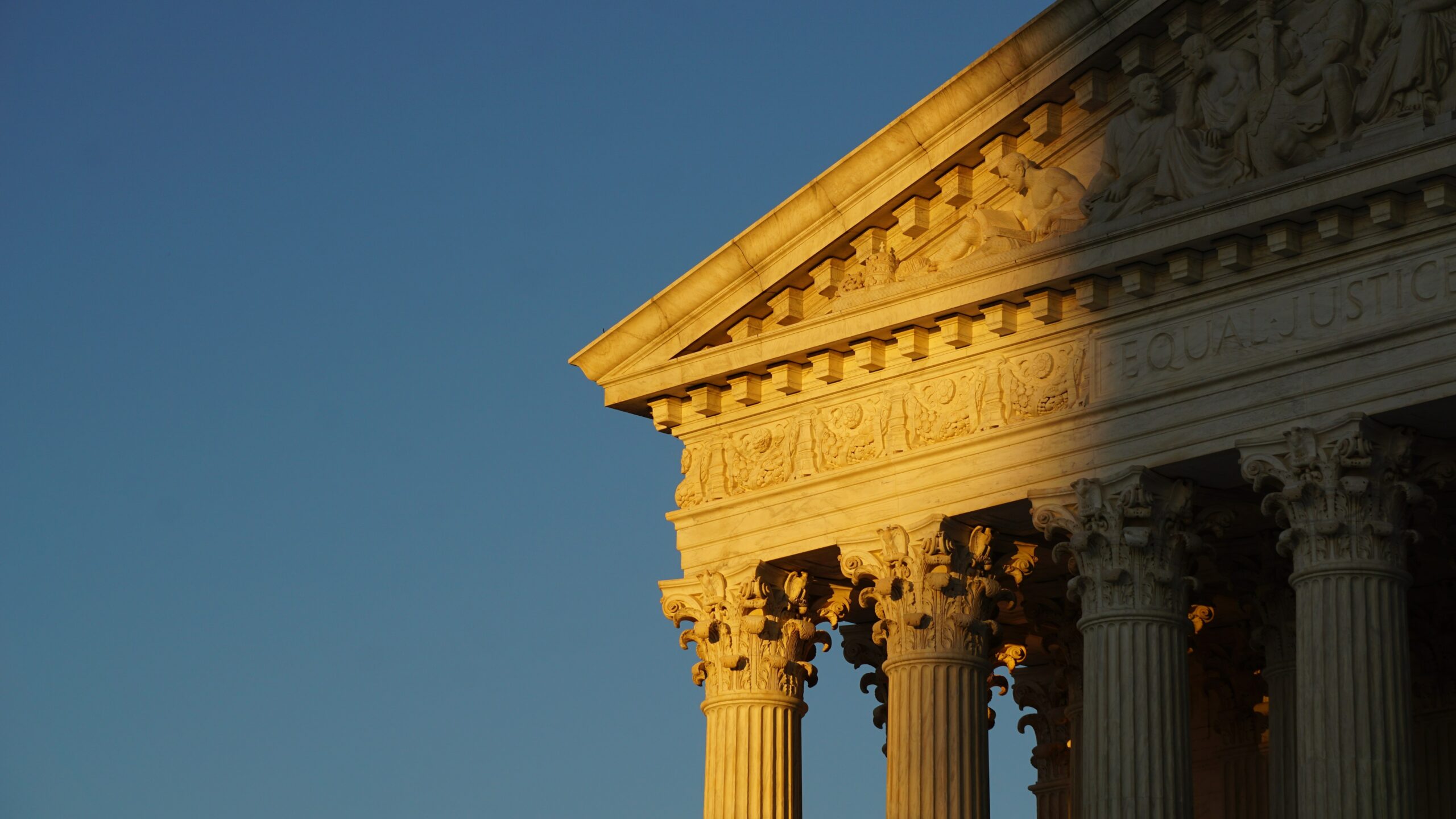
LMVT Celebrates Women’s History Month: The Six Female Justices of the U.S. Supreme Court and the Lasting Impact of the Notorious RBG
- Breaking News
As of 2023, the United States Supreme Court has had 116 Justices. Can you guess how many of those have been women?
Only 6 – Justices Sandra Day O’Connor, Ruth Bader Ginsburg, Sonia Sotomayor, Elena Kagan, Amy Coney Barrett, and Ketanji Brown Jackson. Up until 1981, the Supreme Court was exclusively male until Ronald Reagan appointed Sandra Day O’Connor, marking the first female appointment to the Supreme Court. Twelve years later, Bill Clinton appointed the next female Justice: Ruth Bader Ginsburg. We celebrate her legacy near her birthday, March 15.
While each justice opened a new door and opportunity for women, Justice Ginsburg was and still is “notorious[ly]” known as a trailblazer for her advocacy and advancements for not only women, but for other groups historically denied access to avenues of power and privilege. Though Justice Ginsburg was small in stature, her ferocious presence and biting dissents inspired a law student to call her the “Notorious RBG” in a social media post. The nickname, referencing large-in-life rapper Notorious B.I.G., stuck.
Some of Justice Ginsburg’s early accomplishments include being admitted to Harvard Law, where she was chastised for taking a man’s spot; being the first woman to serve on Harvard’s Law Review; graduating first in her law school class from Columbia (where she’d transferred for family reasons); becoming the second female law professor at Rutgers University; co-founding the Women’s Rights Project at the ACLU; and arguing six discrimination (winning five) cases before the Supreme Court as an attorney. As a Supreme Court Justice, she was best known for her fiery and passionate opinions and dissents, two of which are listed below:
1. Ledbetter vs. Goodyear Tire & Rubber Co. (2007): In this case, the Plaintiff Lily Ledbetter argued that she was discriminated against because of her gender when Goodyear gave her a lower salary and raises compared to her men co-workers during her nineteen-year employment. The Supreme Court upheld the Eleventh Circuit decision that to bring a Title VII suit, Ms. Ledbetter would’ve had to have filed suit within the 180 day charge filing period that applies in Alabama and other states without a state employment rights agency. Justice Ginsburg dissented arguing that pay disparities are harder to identify than other forms of discrimination and often subject to employer rules of secrecy (notwithstanding that such rules applied to rank-and-file workers run afoul of the NLRA). Former President Barack Obama, ultimately agreeing with Justice Ginsburg’s dissent, executed the Lilly Ledbetter Fair Pay Act of 2009, less than two years after the Supreme Court’s decision. The Act provides that run-of-the-mill claims of discriminatory pay can be challenged in a Title VII action if a Charge is brought in the applicable charge-filing period of an allegedly discriminatory paycheck.
2. United States v. Virginia (1996): One of her most famous majority opinions was in this landmark decision which ended gender discrimination at military colleges. During the 1990s, the Virginia Military Institute refused to admit (or even consider) female students. In her opinion, she addressed how this male-only admissions policy violated the Equal Protection Clause of the 14th Amendment and concluded that the University could not refuse to admit women – a pivotal advancement for women’s rights.





